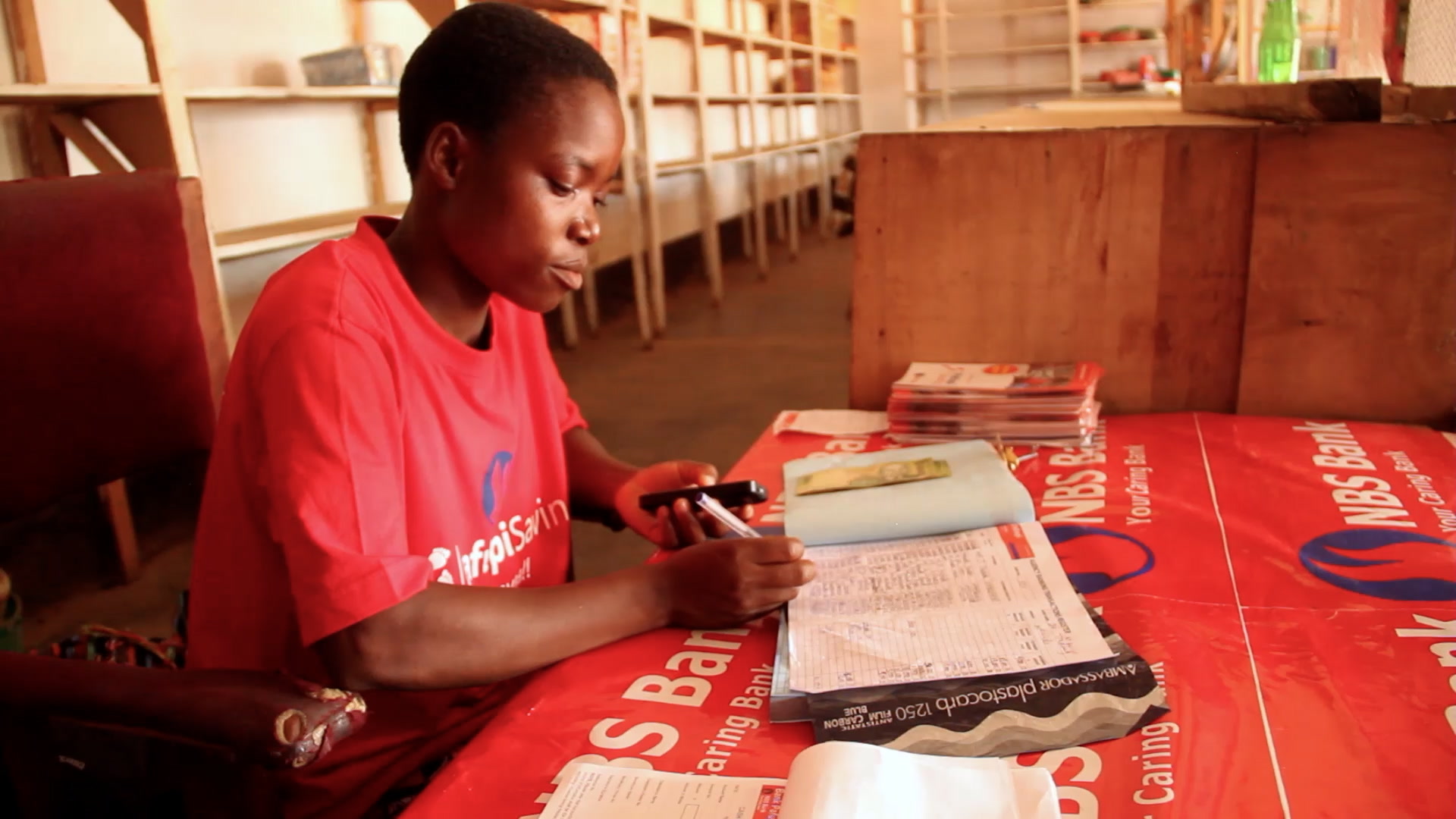Kenneth Rogoff: Is it time to say goodbye to big banknotes?

Kenneth S Rogoff looks at cash, and the argument for removing high denomination notes from circulation. Image: REUTERS/Ruben Sprich - RTX23HX3

Get involved with our crowdsourced digital platform to deliver impact at scale
Stay up to date:
Banking and Capital Markets
Here is the third post in our blog series by Kenneth Rogoff, author of The Curse of Cash. Read the first post here, and the second here.
In most emerging markets, cash from advanced countries is at best a mixed blessing. On occasion it helps facilitate legitimate business transactions where banking services are inadequate, but it also plays a big role in crime and corruption. Russian news sources have posted pictures of a massive stack of $100 bills, over $120 million worth, found in the home of an official who was supposed to be in charge of Russia’s anti-corruption agency. Of course, as the book discusses, it is folly to think the mass of stashed cash is all abroad. Virtually every estimate suggests that at least half of all U.S. dollars are held domestically. Some have argued that the costs of cash in crime and tax evasion are a “small price to pay” for civil liberties. But this argument applies to banning all cash, and does not really do much to justify the big notes that allow criminals, tax evaders, and corrupt officials to hide, hoard, and port massive amounts.
The book continues to generate a great deal of discussion in general, with many very positive reviews coming in the past two weeks (here, here, here, here, and here, for example). Freakanomics (as always) does an excellent job explaining the ideas and issues, as does the The New Yorker, which also talks extensively about the Swedish experience (covered at the end of chapter 7 in the book).
The UK now has a group campaigning for the country to go cashless by 2020. The group’s webpage echoes many of the arguments made in The Curse of Cash, in particular highlighting how the bulk of cash is used to facilitate crime, tax evasion, and black economy. The group makes the case that coordinated action by stakeholders can accomplish things relatively quickly and effectively without requiring any new legislation. They are definitely on to something. As my book argues, a key feature of cash that distinguishes it from other transactions media that criminals might use is that it can be spent virtually anywhere. If, for example, more and more retailers refuse to take cash (already a trend), that will have a direct impact. While this is very interesting and encouraging, my book argues that society will want to keep small bills indefinitely for a variety of reasons including privacy, dealing with power outages etc. The group’s timeline might be too ambitious—again the book argues that it is important to go slow to allow time for adjustments, to implement policies for financial inclusion, and to allow time to deal with unanticipated issues.
Indeed, virtually all the recent reviews of the book are very attuned to the subtleties of why getting rid of big bills but not small ones might be a happy medium, and The Business Insider has produced an explainer. The recent print reviews also by and large recognize the manifold preparations that negative-interest-rate policy require, and thus why the early experiences in Europe and particularly Japan might be less informative about how negative rates might work in the future than some commentators seem to believe.
Of course, there are still people glued to the past who think the US should go back on the 1800s gold standard (see my discussion of Jim Grant in blog #2), and there are forward-looking thinkers who think that private digital currencies will put governments out of the central-banking business anyway. The book explains why this is nonsense, mainly because the government gets to make the rules in the currency business, and it always eventually wins, albeit sometimes after adapting private sector innovations. The private sector probably first invented standardized coinage, but the government ultimately appropriated the activity. The private sector first invented paper currency, again the government eventually appropriated the activity. The same will almost surely happen with digital currencies, and already government around the world have taken many steps to hinder mainstream use of cryptocurrencies.
On a different note, there are a couple of otherwise very positive reviews which, in passing, allude to a controversy surrounding my 2009 Princeton University Press book with Carmen Reinhart. In fact, there is no controversy around that book, and never has been. In 2013 there was a debate over a short, un-refereed 2010 conference proceedings note. There is an interesting recent discussion of the perils of debt complacency by Reinhart 2016
Don't miss any update on this topic
Create a free account and access your personalized content collection with our latest publications and analyses.
License and Republishing
World Economic Forum articles may be republished in accordance with the Creative Commons Attribution-NonCommercial-NoDerivatives 4.0 International Public License, and in accordance with our Terms of Use.
The views expressed in this article are those of the author alone and not the World Economic Forum.
The Agenda Weekly
A weekly update of the most important issues driving the global agenda
You can unsubscribe at any time using the link in our emails. For more details, review our privacy policy.
More on Banking and Capital MarketsSee all
Efrem Garlando
April 16, 2024
John Hope Bryant
April 11, 2024
Alexandre Raffoul and Kai Keller
April 10, 2024
Alex Edmans
April 4, 2024
Victoria Masterson
March 28, 2024






